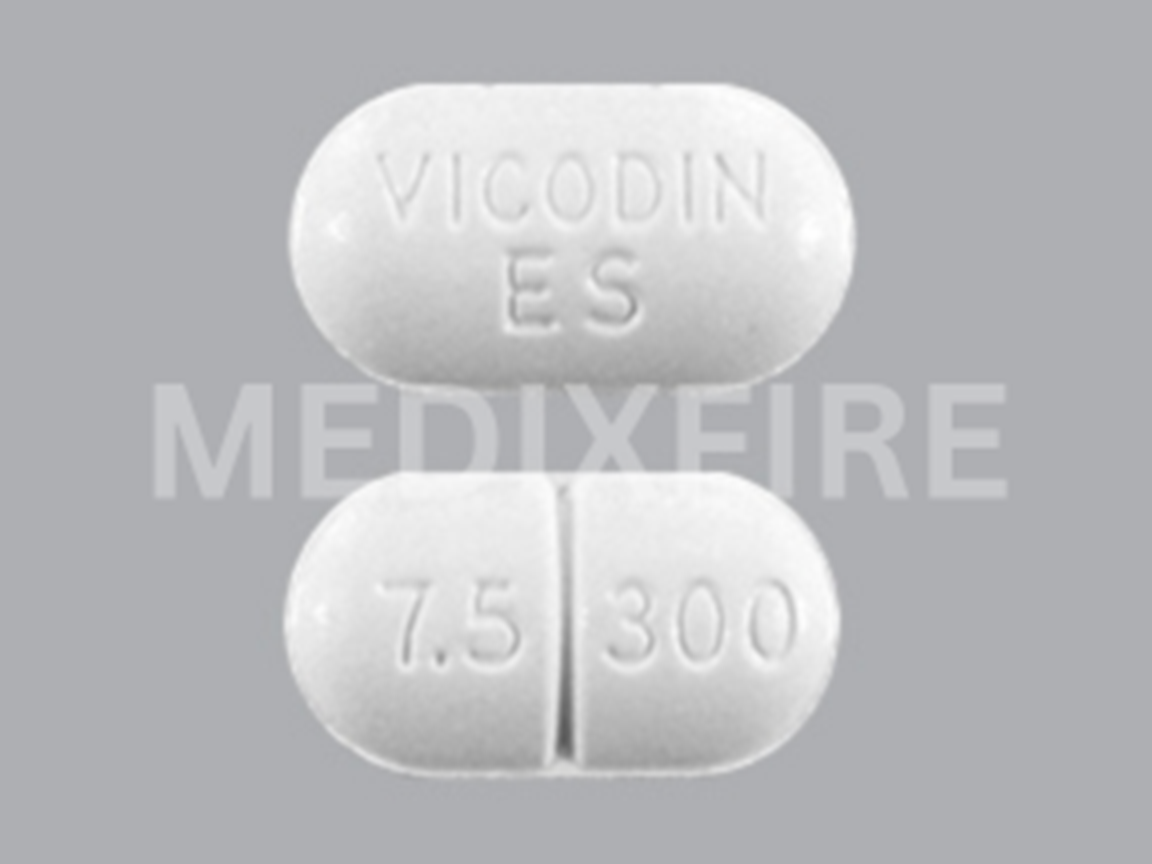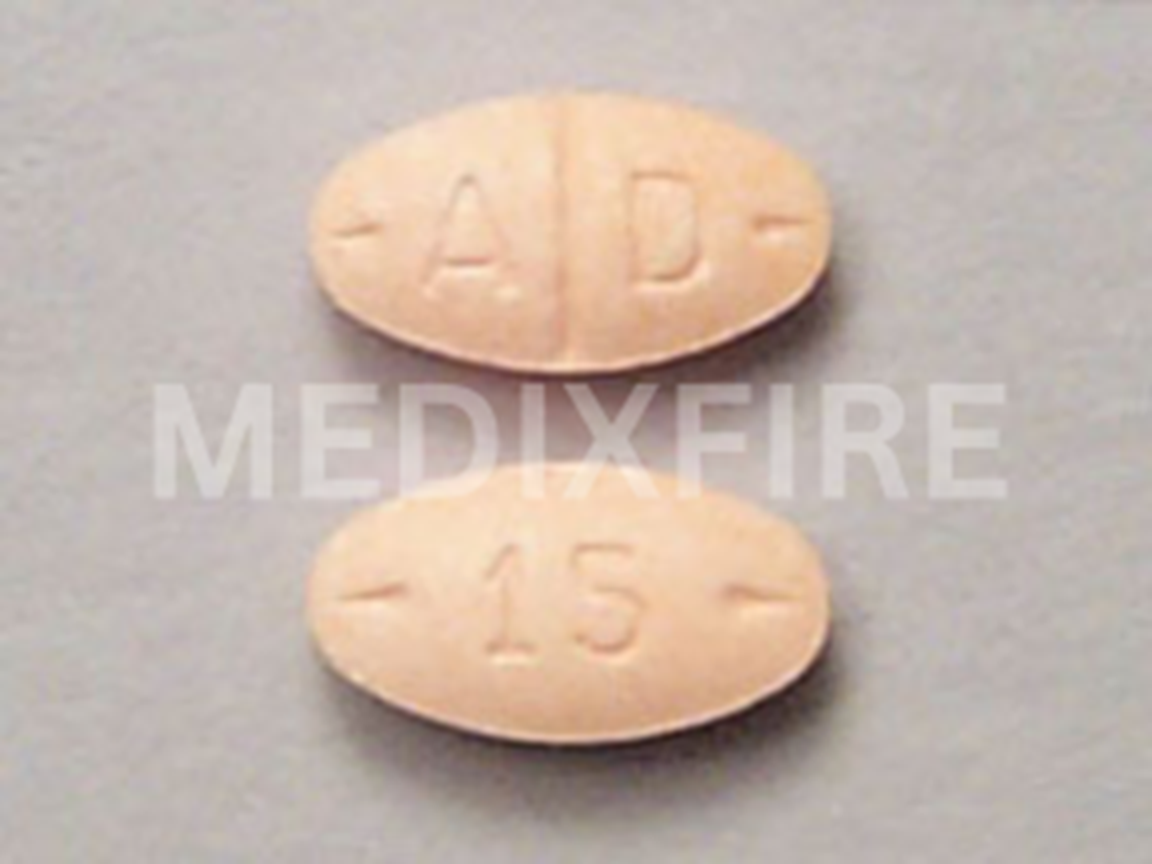Description
Buy Percocet 7.5 mg online from our trusted store to get your prescription safely with COD, Percocet is a prescription medication that combines acetaminophen (500 mg) and oxycodone (7.5 mg). The pill is orange in color, oval-shaped, and has an imprint reading “PERCOCET 7.5.” It measures 17.00 mm in size. Percocet is primarily prescribed for the relief of moderate to severe pain, but it carries certain risks due to its opioid content (oxycodone). Below are the benefits, uses, and potential side effects associated with this medication:
Benefits and Uses:
Percocet 7.5 mg is commonly used for the management of moderate to severe pain. The medication works by combining two components:
-
Oxycodone (7.5 mg), an opioid analgesic, alters the way the brain and nervous system respond to pain, providing effective relief.
-
Acetaminophen (500 mg), a non-opioid pain reliever, helps reduce the production of pain-causing chemicals in the brain, enhancing the overall pain-relieving effect.
Common Uses:
-
Acute pain relief: Percocet is often prescribed for short-term pain relief after surgery, injury, or procedures like dental work.
-
Chronic pain management: It may also be prescribed for ongoing pain conditions, such as those associated with cancer or severe arthritis, where other pain relievers are insufficient.
Potential Side Effects:
While Percocet 500 mg / 7.5 mg can be effective for pain relief, it also carries the risk of side effects, ranging from mild to severe. These side effects may include:
Common Side Effects:
-
Drowsiness or fatigue
-
Dizziness or lightheadedness
-
Nausea or vomiting
-
Constipation
-
Stomach pain or discomfort
-
Headache
Serious Side Effects:
-
Respiratory depression: Because it contains oxycodone, which is an opioid, Percocet can slow breathing, which can be life-threatening, particularly in high doses or if misused.
-
Addiction, abuse, and misuse: Oxycodone is an opioid with a high potential for abuse and dependence. Misusing this medication can lead to addiction, overdose, and even death.
-
Overdose: Symptoms of overdose include severe drowsiness, slow or difficult breathing, pinpoint pupils, and loss of consciousness. Immediate medical attention is necessary in these cases.
-
Liver damage: Acetaminophen, in high doses or with chronic use, can cause liver damage or failure, particularly if taken with alcohol or other medications that affect the liver.
-
Low blood pressure (hypotension): This may cause dizziness, fainting, or weakness, particularly when standing up quickly.
-
Severe allergic reactions: Although rare, allergic reactions such as rash, itching, swelling, or difficulty breathing can occur.
Important Safety Information:
-
Risk of addiction: Percocet contains oxycodone, which is a controlled substance due to its potential for addiction, abuse, and overdose. Use only as prescribed and under a doctor’s supervision.
-
Liver caution: The acetaminophen component can harm your liver if used in excess or with alcohol. Do not exceed the recommended dose.
-
Drug interactions: Percocet may interact with other medications, including other opioids, benzodiazepines, or alcohol. Combining these substances can increase the risk of severe side effects, such as respiratory depression.
-
Pregnancy and breastfeeding: Pregnant or breastfeeding women should consult their healthcare provider before using Percocet, as oxycodone can pass through the placenta and affect the baby.
Precautions:
-
Always follow the prescribed dosage to reduce the risk of side effects or overdose.
-
If you have a history of substance abuse, liver problems, or respiratory conditions, inform your healthcare provider before using this medication.
-
Do not suddenly stop using Percocet if you’ve been taking it for a long period, as withdrawal symptoms can occur.











Nina Carter –
I got my delivery in safe packet this medication works for the pain for me as i am suffering from acute pain condition, but I was really constipated after a few days. Also after taking this i felt like foggy but gone after sometime and now i can sleep without pain.